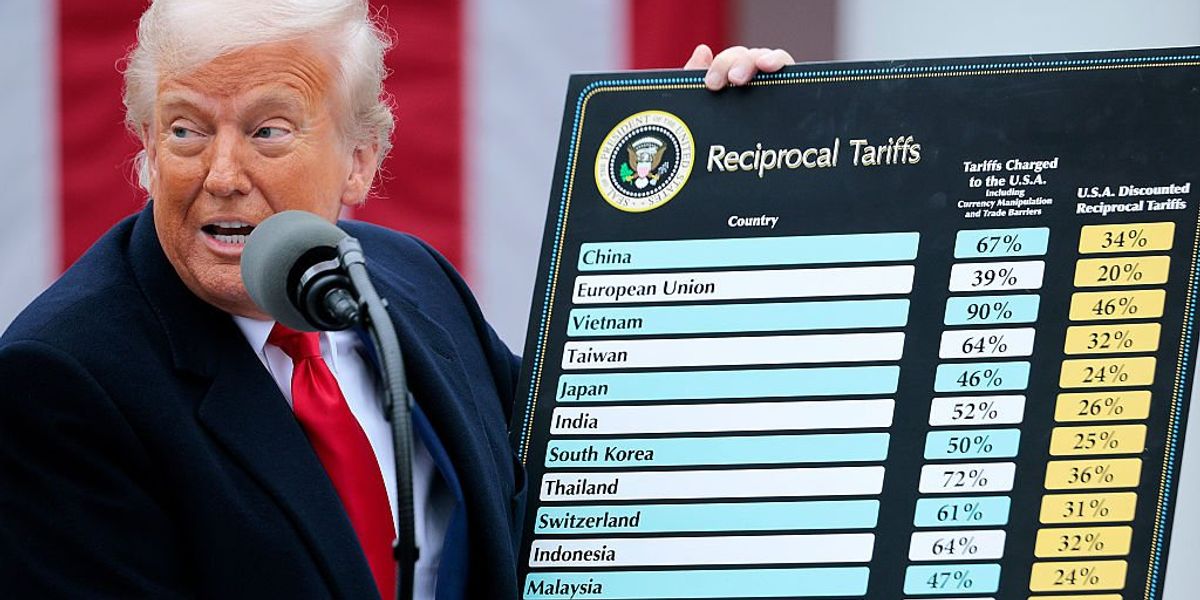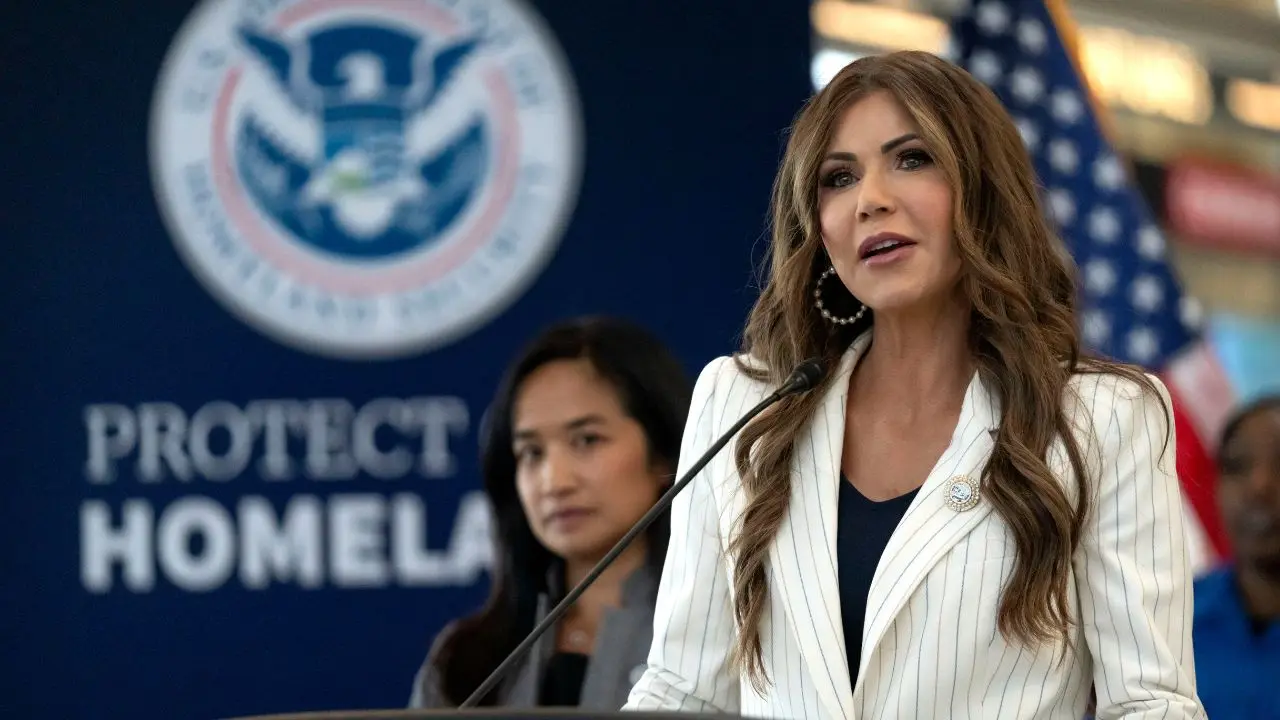Several of the nation’s leading food producers have announced they are moving to eliminate artificial food dyes from their products, following federal guidance issued earlier this year by the U.S. Department of Health and Human Services (HHS) and the Food and Drug Administration (FDA).
Among the companies confirming plans to phase out synthetic petroleum-based dyes are Kraft Heinz, General Mills, Tyson Foods, Nestlé, Conagra Brands, PepsiCo, Walmart, and Sam’s Club. The corporate announcements follow the April 22 joint statement by HHS Secretary Robert F. Kennedy Jr. and FDA Commissioner Marty Makary, which encouraged a voluntary industry-wide transition away from artificial dyes by the end of 2026.
.@GeneralMills is now committing to eliminate artificial dyes from its U.S. products within two years—thanks to @POTUS’s leadership and his pledge to Make America Healthy Again. I urge other companies to step up and do the same. pic.twitter.com/1OrQvuDDpe
— Secretary Kennedy (@SecKennedy) June 20, 2025
Trump’s Sovereign Wealth Fund: What Could It Mean For Your Money?
The FDA also confirmed it is revoking approval for several specific synthetic colorants, including Citrus Red No. 2 and Orange B. Other dyes—FD&C Green No. 3, Red No. 40, Yellow No. 5 and No. 6, and Blue No. 1 and No. 2—are slated for accelerated removal, with a target deadline of January 2027.
“For too long, some food producers have been feeding Americans petroleum-based chemicals without their knowledge or consent,” said Secretary Kennedy.
“These poisonous compounds offer no nutritional benefit and pose real, measurable dangers to our children’s health and development.”
This Could Be the Most Important Video Gun Owners Watch All Year
Kennedy added, “That era is coming to an end. We’re restoring gold-standard science, applying common sense, and beginning to earn back the public’s trust. And we’re doing it by working with industry to get these toxic dyes out of the foods our families eat every day.”
To support the transition, the FDA has initiated fast-track evaluations for natural dye alternatives.
These include calcium phosphate, Galdieria extract blue, gardenia blue, and butterfly pea flower extract.
A recent CivicScience survey found that 79% of U.S. adults at least “somewhat” support the removal of artificial food dyes from consumer products, while 21% were “somewhat” opposed.
Support was notably higher among parents with children over 12, high-income households, men, individuals over age 65, and those with graduate or professional degrees.
The strongest support for the FDA’s initiative came from Republican voters, who closely align with Secretary Kennedy’s Make America Healthy Again (MAHA) campaign.
While industry response has been largely cooperative, challenges remain for food manufacturers transitioning to natural coloring agents.
Whitney Miller, founder of Whitney’s Cookies and winner of “Master Chef,” spoke with Just the News about her experience using natural ingredients.
Miller explained that while there are natural options available for certain colors like red and pink—often made with pulverized freeze-dried strawberries—others, like blue, are more difficult to replicate.
Blueberries, for example, typically produce a purple hue, requiring alternative formulations.
Miller eventually developed her own blue dye.
“You have to test in the market when you’re putting them [dyes] in, whether it be ice cream or whether it be a baked good,” Miller said.
“Baking is a science, cooking is a science. And when you’re getting into these natural dyes, it’s going to perform differently in a baked item than it is in an ice cream or a drink.”
Supply chain limitations may also impact the transition.
“I’ve only seen one, one supplier,” Miller noted.
She added that she often sources natural dyes from Canada, which may introduce additional logistical hurdles as trade discussions continue between President Donald Trump and Canadian Prime Minister Mark Carney.
Large manufacturers such as General Mills and PepsiCo will need to scale up sourcing and production processes to meet future demand, with companies already beginning internal testing to ensure consistency in product quality.
While the FDA’s removal timeline is technically voluntary, the actions by some of the country’s largest food producers indicate broad industry alignment with the 2026 target.
Further updates on regulatory approvals and commercial supply chain readiness are expected in the coming months.
Celebrate Summer with this LIMITED EDITION Grizzly Trump Cooler! Exclusively on Mammoth Nation.
Read the full article here


![Major Food Brands Ditch Artificial Dyes Ahead of Trump-Backed Deadline [WATCH] Major Food Brands Ditch Artificial Dyes Ahead of Trump-Backed Deadline [WATCH]](https://www.lifezette.com/wp-content/uploads/2025/07/2025.07.06-08.55-lifezette-686ae2bad2940.jpg)




![Dem’s Veteran Gotcha Collapses as DHS Exposes Full Criminal Record [WATCH] Dem’s Veteran Gotcha Collapses as DHS Exposes Full Criminal Record [WATCH]](https://www.rvmnews.com/wp-content/uploads/2025/08/2025.08.19-01.37-rvmnews-68a47e34dab29.jpg)


![California’s No-ID Voter Registration System Called Out by Andrew Gruel [WATCH] California’s No-ID Voter Registration System Called Out by Andrew Gruel [WATCH]](https://www.lifezette.com/wp-content/uploads/2025/12/2025.12.12-12.27-lifezette-693c0a3d46437.jpg)

